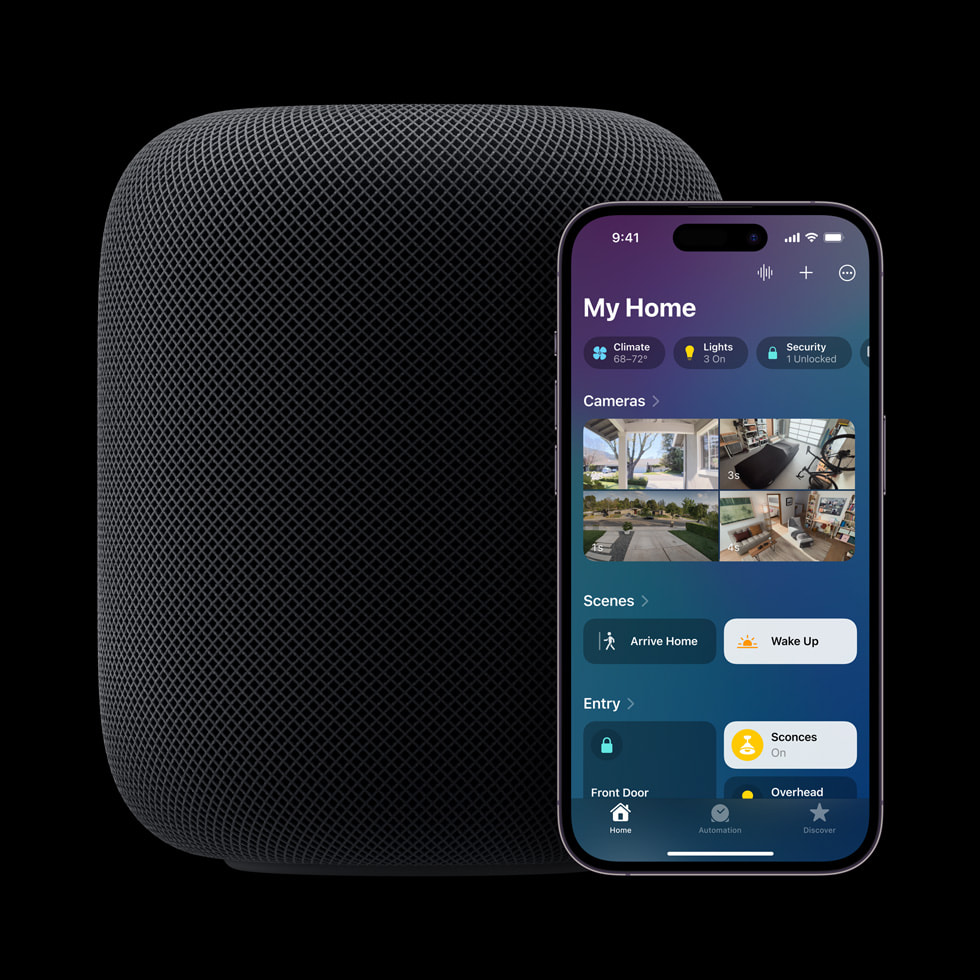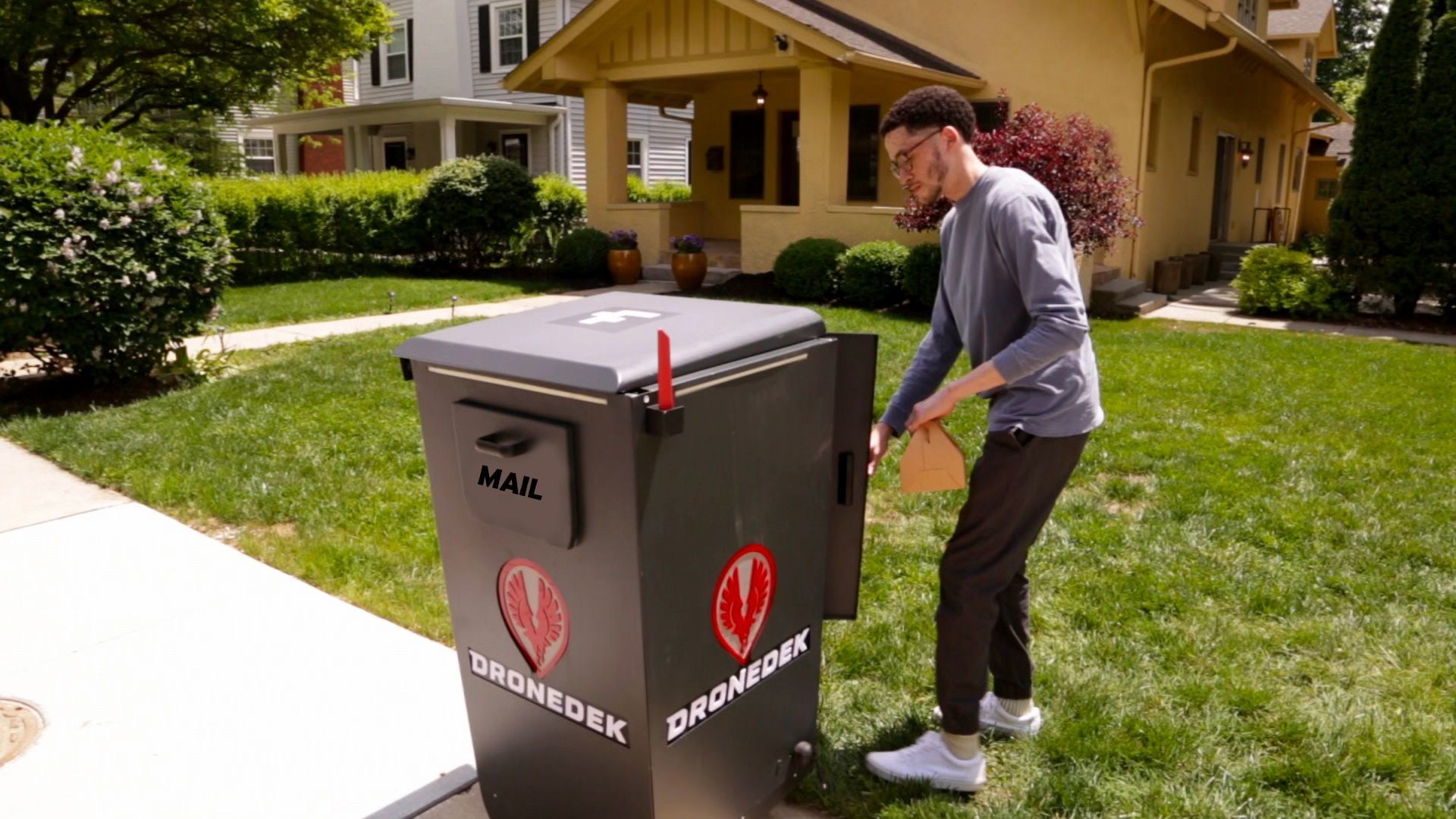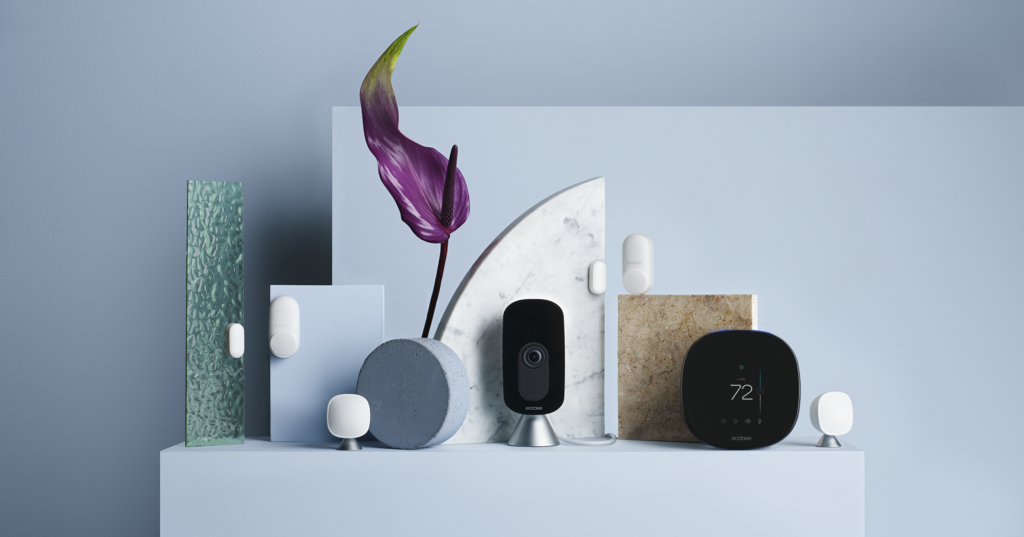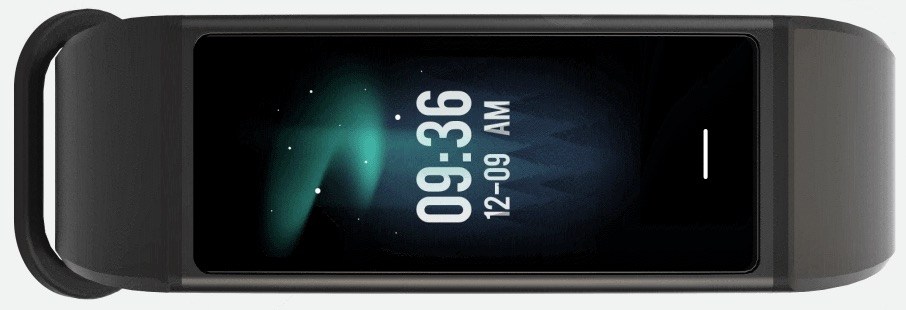This week we didn’t see a ton of news, yet we managed to talk about several big trends in IoT. We started with an update on Amazon’s planned acquisition of iRobot, and Amazon dropping the price by 15%. We explain why and then decided to explain in depth why we need the planned cybersecurity labeling plan for connected devices because so many people asked me why we need this. We then talk about Unabiz creating a partnership with Semtech to bring Sigfox technology into the Semtech network. Then we talk about insurance companies using data gleaned from drones, satellite photos, and IoT devices and how that may hurt consumers, as insurance companies try to cancel policies in risky areas. This is where climate change, the IoT, and data privacy will all intersect in ways that will harm consumers. We then ponder what will happen with Google displays as the company pulls back from its Fuchsia OS, and how a smart home reporter’s broken HVAC system made her realize the limits of the smart home. Finally, we answer a listener question about using a motion detector to make sure kids turn off their lights.
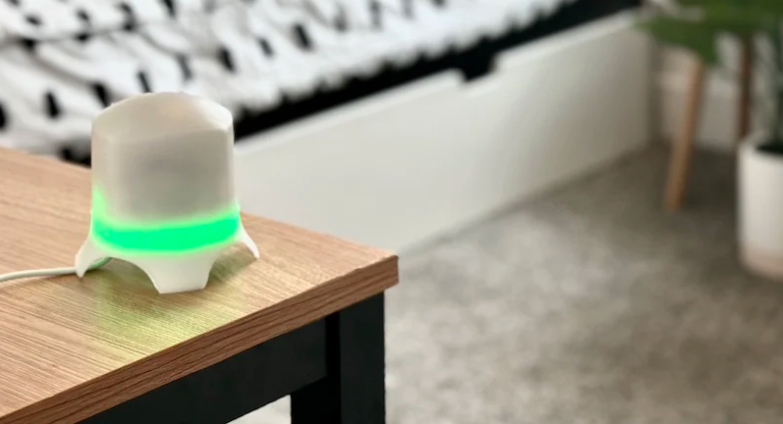
Our guest this week is Adrian Dybwad, CEO and founder of PurpleAir, which makes a line of air quality sensors. As we head into wildfire season here on the West Coast, air quality data is becoming more important for people. For example, I turn regularly to PurpleAir data from the app, its web site, or on my Google display to see if I should go outside for a run or hold off. Dybwad and I talk about why the company was created, and how the air sensors are helping communities lobby for positive policy changes that can improve air quality. We also talk about how to think about connected devices contributing to citizen science, and why having a lot of sensors can mitigate concerns over accuracy. We spend a lot of time on how air quality sensors work and how to place them optimally as well. Enjoy the show.
Hosts: Stacey Higginbotham and Kevin Tofel
Guest: Adrian Dybwad, CEO and founder of PurpleAir
Sponsors: Wilderness Labs and Skyhawk
- Why Amazon cut the price for Roomba maker, iRobot
- Why you (and everyone else) should care about secure IoT devices
- What we really need from our smart homes
- How PurpleAir uses quantity to assure quality
- The best place to set up your air quality sensors
Podcast: Play in new window | Download | Embed
Subscribe: RSS

